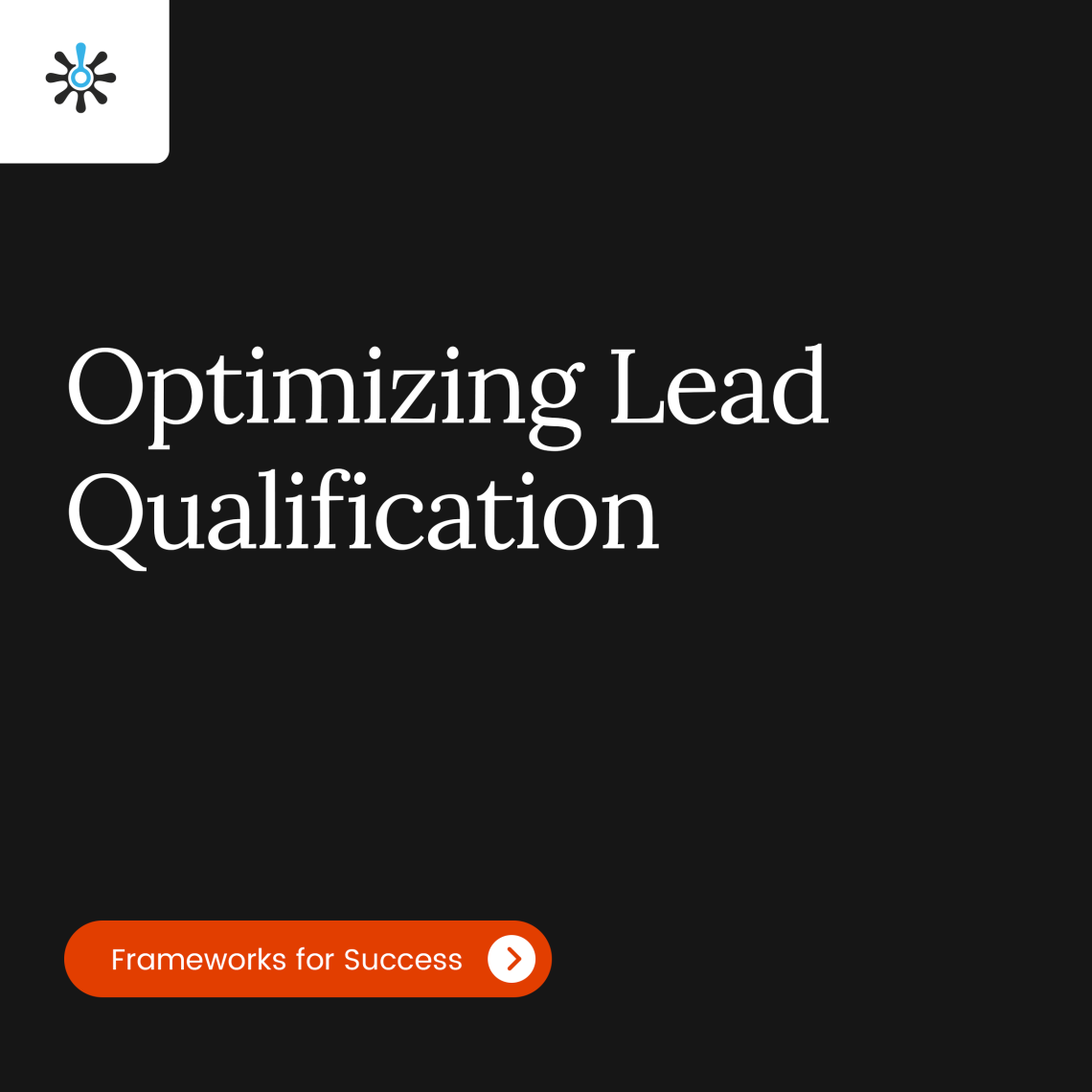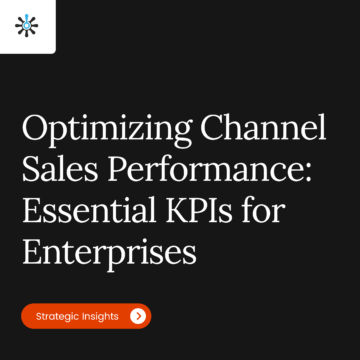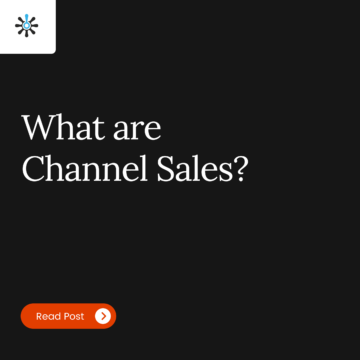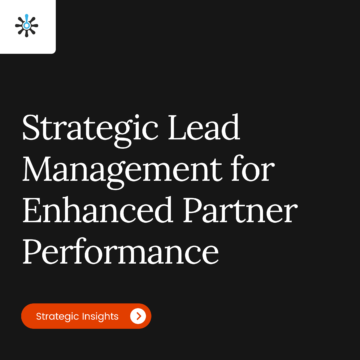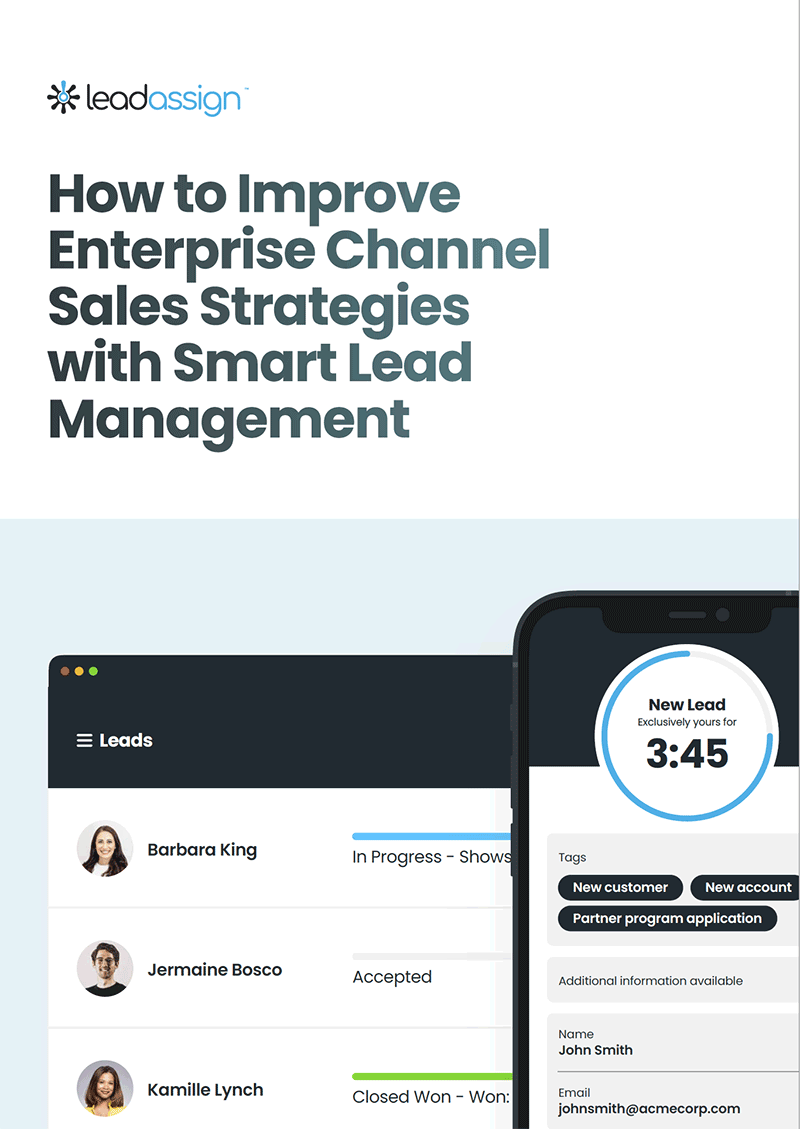Efficient lead qualification is a cornerstone of successful sales strategies, streamlining workflows, ensuring lead acceptance, and elevating close rates. This article explores various lead qualification frameworks designed to empower sales representatives in determining the likelihood of a prospect evolving into a successful customer. The selection of the appropriate framework depends on the specific needs and dynamics of each business.
Exploring Lead Qualification Frameworks
1. BANT: Budget, Authority, Need, and Timeline
BANT Framework Overview
BANT focuses on four key aspects: Budget, Authority, Need, and Timeline. It involves a series of targeted questions to extract vital information related to these components.
BANT Qualification Questions
- Budget
- What is your budget for this project?
- Do you have adequate funding allocated?
- Authority
- Is there someone else influencing purchase decisions?
- Do you anticipate objections from others? If yes, how do you plan to address them?
- Need
- What specific business challenges are you facing?
- Have you encountered similar issues before?
- Timeline
- Is this purchase a current priority?
- When do you plan to address this issue?
2. GPCTBA/C&I: Goals, Plans, Challenges, Timeline, Budget, Authority/Negative Consequences, and Positive Implications
GPCTBA/C&I Framework
Overview Developed by HubSpot, this framework comprehensively addresses Goals, Plans, Challenges, Timeline, Budget, Authority/Negative Consequences, and Positive Implications.
GPCTBA/C&I Qualification Questions
- Goals
- What are your company’s specific goals?
- What is the top priority for your company this year?
- Plans
- What plans are in place to achieve these goals?
- What challenges do you anticipate in implementation?
- Challenges
- Can internal expertise alone solve the challenges?
- Will external help be considered if internal plans fall short?
- Timeline
- When can your team start implementing this plan?
- Are the necessary resources available immediately?
- Budget
- Is funding allocated for potential solutions?
- Do you have sufficient funds for this project?
- Authority
- How important is this project to decision-makers?
- What objections are anticipated?
- Negative Consequences and Positive Implications
- How will solving this problem impact your next steps?
- Personally, how does achieving or not achieving this goal affect you?
3. CHAMP: Challenge, Authority, Money, Prioritization
CHAMP Framework Overview
CHAMP emphasizes Challenge, Authority, Money, and Prioritization. It allows sales reps to focus on prospect needs without prematurely disqualifying them based on decision-making hierarchy.
CHAMP Qualification Questions
- Challenge
- Can internal expertise address the challenge?
- Will external assistance be sought if plans fail?
- Authority
- Is the prospect the ultimate decision-maker?
- What factors influence the decision-making process?
- Money
- Is the prospect’s budget aligned with the solution’s potential value?
- What funds are allocated for this project?
- Prioritization
- How high is this project on the prospect’s priority list?
- Are immediate resources available for implementation?
4. MEDDIC: Metrics, Economic Buyer, Decision Criteria, Decision Process, Identify Pain, Champion
MEDDIC Framework Overview
MEDDIC, comprising Metrics, Economic Buyer, Decision Criteria, Decision Process, Identify Pain, and Champion, enhances sales forecasting accuracy. It suits products with a significantly higher average sales price.
MEDDIC Qualification Considerations
- Metrics
- What metrics are crucial for evaluating success?
- Economic Buyer
- Who holds the budget and ultimate decision-making power?
- Decision Criteria
- What criteria guide the decision-making process?
- Decision Process
- What steps are involved in the prospect’s decision-making?
- Identify Pain
- What specific challenges is the prospect facing?
- Champion
- Who within the organization advocates for your solution?
5. ANUM: Authority, Need, Urgency, and Money
ANUM Framework Overview
ANUM, similar to BANT, prioritizes Authority, Need, Urgency, and Money. It underscores the importance of determining the prospect’s decision-making capability upfront.
ANUM Qualification Questions
- Authority
- Is the prospect the decision-maker or can they act on decisions?
- What role does the prospect play in decision-making?
- Need
- What specific needs does the prospect have?
- How well does the solution align with these needs?
- Urgency
- Is there an immediate need for the solution?
- What is the timeline for addressing this need?
- Money
- Are funds allocated for potential solutions?
- Is the budget aligned with the solution’s value?
Choosing the Right Framework
Selecting the appropriate lead qualification framework hinges on understanding the unique requirements of your business. While BANT offers a simple and proven method, it may fall short in involving multiple stakeholders in the decision-making process. GPCTBA/C&I, although robust, might be intricate for smaller teams. MEDDIC suits products with higher price points, emphasizing a comprehensive understanding of the buying process.
CHAMP is ideal for focusing on prospect challenges, but it may extend the sales cycle. ANUM, akin to BANT, prioritizes Authority and Need, but careful consideration is needed to avoid premature disqualification. Ultimately, the choice depends on aligning the framework with your business goals and team dynamics.
Enriching leads with qualifying data and employing lead scoring through automated systems enhances sales velocity and ensures that partners receive prospects ready for pursuit. By implementing these strategies, businesses can maximize resource utilization and optimize their overall sales process.
From BANT and GPCTBA/C&I to CHAMP and ANUM, we can help you navigate the intricate landscape of lead management with precision, ensuring that your sales team is equipped to discern, prioritize, and pursue leads effectively. We can provide you the essential frameworks that define success in lead qualification, providing you with the tools to enhance your sales process and drive business growth.



